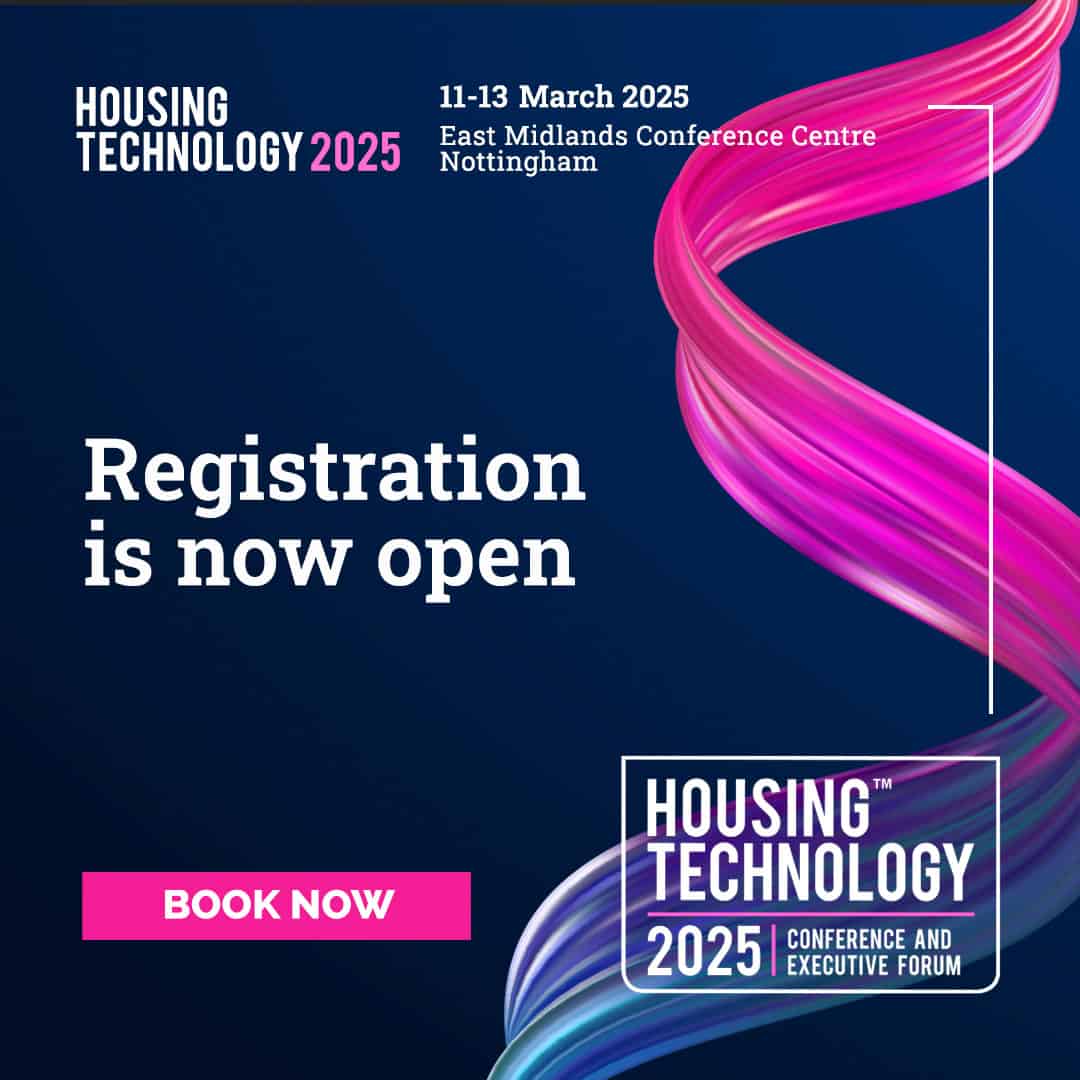Tenants expect more than ever before from their housing providers – speedier service, easier rent management, always-on assistance and improved communication channels. This is against a backdrop of tightening budgets and a multitude of channels to manage. So how can technology help housing providers streamline ways of working and enhance this experience? And what should we expect to see in 2020 and beyond when it comes to emerging technologies within the housing sector?
Empowering tenants with self-service
We’re seeing more and more housing organisations offering digital self-service options to customers via mobile apps or online. While housing providers will always need people to respond to the most complex or urgent queries, a self-service portal allows front-line employees to spend less time answering simple questions and dealing with repetitive requests. Likewise, it simplifies processes for end-users by empowering them to find information, make transactions and update their personal details with one click of a button.
Devon-based Teign Housing has rolled out a customer self-service portal as part of Civica’s Cx housing management system. The digital platform is also used by employees to access real-time tenant information.
Customers are already using several functions within Cx’s customer portal, including paying rent, logging repairs, viewing rent statements and amending personal details. The aim for 2020 is for us to work with Teign Housing to further improve the user-experience, navigation and functionality. This will enable a marketing campaign to get all customers up and running on the portal, with the aim of at least 60 per cent actively using it.
Chatbots bring 24/7 communication
In 2020, we’ll also see an uptake in chatbots in housing. Today’s tenants demand instant access to everything, and while humans aren’t programmed to work 24/7, AI-powered chatbots can be. One organisation getting a head-start is Havebury Housing. By adopting the ‘Luis’ chatbot, which seamlessly integrates with the Azure Bot Service, Luis enables real-time data analysis and always-on customer communication.
One very successful application for Havebury Housing’s chatbot has been in repairs diagnostics. By inputting 100,000 repair descriptions and outcomes into the AI (and testing and refining it over a six-month period) Havebury Housing can now accurately establish the issue, predict the type of repair needed, the urgency of the repair and therefore what action to take next.
Improving the employee experience
Teign Housing is also running a new mobile working pilot, enabled by Civica’s Cx cloud software. The team plans to empower employees with more mobile devices and create digital drop-in ‘hubs’ across their estates. The wi-fi enabled hubs will support mobile working for employees so they can quickly connect to Cx to update rent accounts, log information following an inspection and respond to ‘on-the-spot’ queries.
There’s no doubt this will help housing authorities save both time and money and improve the speed and accuracy of customer service. Teign Housing’s head of corporate services, Karen Johnson, said, “We’ve never had this remote working and ‘hub’ facility before and we can’t wait to see the difference in our speed and efficiency. We’re going to save so much time on processing and reporting through the increased automation in the new system.”
In 2020, housing providers must ensure they start using technology to meet the growing volume and complexity of customers’ needs. With consumers today able to order their morning coffee, taxi or even a new outfit through the swipe of an app, they’ll soon start expecting similar levels of customer service from their housing provider.
When it comes to implementing technology, it’s important to understand what outcomes you want to achieve and set a clear strategy. To meet the challenges of 2020 and beyond, a digital transformation vision that starts with the cloud will be key. The cloud represents the foundations from which you can design and build new technology use cases, such as apps, AI chatbots or predictive maintenance, to stay relevant, deliver the best service and ultimately provide safe, secure homes and better outcomes for tenants and the wider community.
Michelle Tyler is the director of social housing at Civica.


